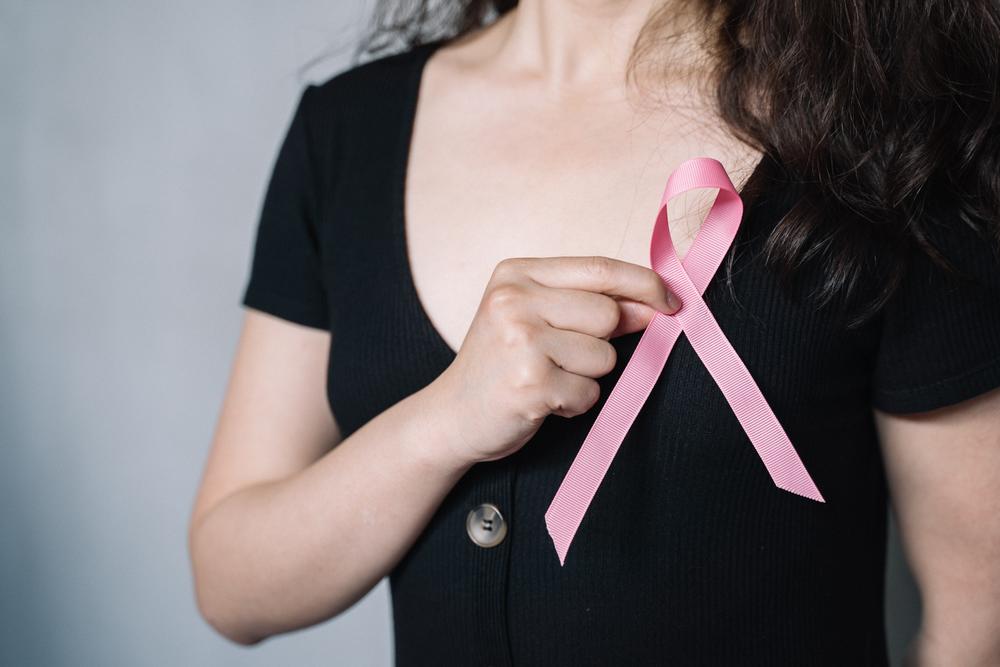
Caption
The Access to Breast Cancer Diagnosis (ABCD) Act, S. 1067, would eliminate financial barriers that prevent women from getting the vitally important diagnostic imaging tests needed to confirm the presence of breast cancer.
Credit: Photo by Anna Tarazevich from Pexels

